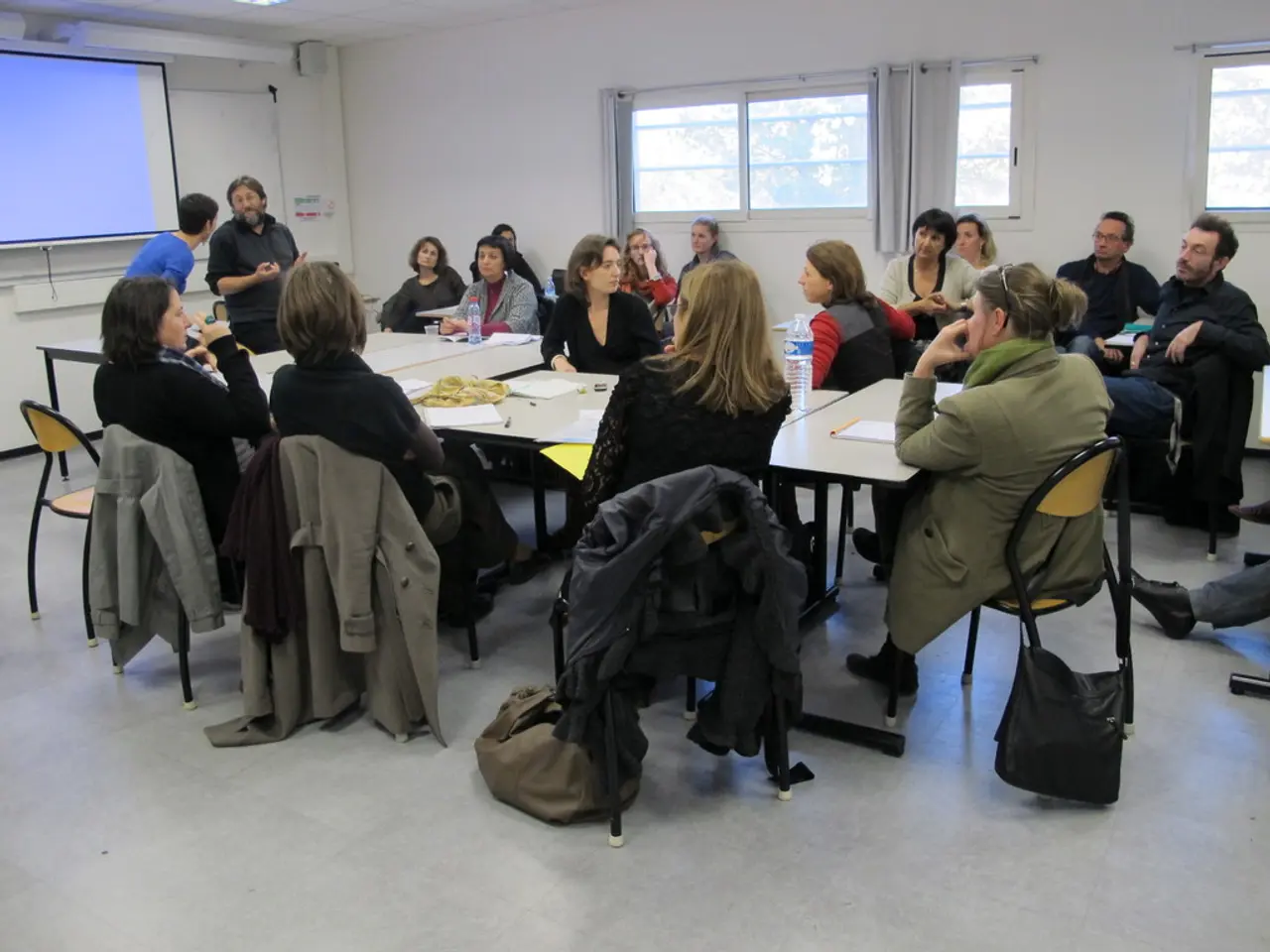Nurturing Transparency and Empathy in Relationships: Essential Communication Strategies
In the realm of relationships, misunderstandings and conflicts can often stem from differences in communication styles, unmet expectations, and unresolved issues from the past. However, by implementing effective communication strategies, couples and partners can deepen their connection and maintain healthy, open, and understanding relationships.
One such strategy is active listening, a practice that involves giving your full attention to both verbal and nonverbal cues such as facial expressions, tone of voice, and body language. Maintaining eye contact, adopting a relaxed posture, and minimizing distractions convey emotional availability and attentiveness. Reflecting or paraphrasing what your partner says also demonstrates understanding and builds trust.
Clear, specific, and concrete communication is another key approach. Instead of vague complaints that can be dismissed or cause defensiveness, offer specific examples to clarify your feelings. For instance, rather than saying, “You’re so distant,” say, “When we eat dinner in silence and then go straight to our phones, I feel disconnected. I’d love to share something about our day for five minutes.”
Employing "I" statements instead of blame is also beneficial. Communicate from your own perspective without blaming. Instead of “You always ignore me,” try “When I don’t hear from you all day, I feel unimportant.” This shift fosters mutual understanding and encourages your partner to listen openly without becoming defensive.
Regulating your emotions before responding is crucial for preventing escalation of conflict. Managing your nervous system and emotional state during conversations ensures communication stays productive and respectful. If you feel triggered, pause, breathe, and respond calmly.
Being assertive without apologizing for your needs is another effective strategy. Assertiveness means clearly and respectfully expressing your feelings, needs, and boundaries without minimizing or apologizing for them. For example, saying “I’d like to talk about something important; can we set aside some time tonight?” asserts your need calmly and effectively.
Guided dialogue and communication exercises, such as those facilitated by a neutral party or in couples therapy, can teach and reinforce these skills. Such environments foster emotional closeness and trust by practicing these skills regularly.
Validating your partner’s emotions and encouraging open expression also plays a significant role. Acknowledge your partner’s feelings as valid and important, which helps them feel heard and accepted. Encouraging open expression creates a safe atmosphere to share thoughts and feelings without fear of judgment or dismissal.
Adapting your communication based on your partner’s personality and emotional needs is another valuable approach. Understanding different thinking and behavioral styles improves connection and reduces misunderstandings.
These strategies collectively build a foundation of emotional availability, trust, collaboration, and mutual respect, all of which are critical for fostering openness and deep understanding in relationships. Implementing these approaches consistently can help couples and partners navigate interpersonal dynamics effectively, fostering stronger, more satisfying relationships.
In conclusion, effective communication is essential for relationship satisfaction and emotional resilience. It forms the foundation for strong and lasting relationships, fostering openness, understanding, and deeper connections. Communication skills can be learned and refined over time through practice, workshops, books, and feedback from trusted sources. Rebuilding trust after a breach in communication requires transparency, accountability, consistency, and open communication. Active listening, empathy, effective communication, compromise, and time-outs are practical tips for resolving conflicts and promoting understanding. Transparency, consistency, active listening, vulnerability, and respect for boundaries are effective communication strategies for building trust. The essence of meaningful interaction remains unchanged in the digital age, regardless of the medium used.
- Cultivating resilience in relationships requires a mindful approach to communication and self-development, as understanding and empathy can be strengthened through effective listening, clear communication, and emotional regulation.
- A mindful lifestyle, including education-and-self-development, emphasis on personal-growth, and the practice of mindfulness, can greatly enhance one's ability to foster deeper connections, maintain healthy relationships, and navigate interpersonal dynamics effectively.
- Mindful communication strategies, such as active listening, specific and concrete communication, and assertiveness without apology, play a crucial role in cultivating resilience and fostering understanding in relationships, ultimately leading to stronger and more satisfying partnerships.




